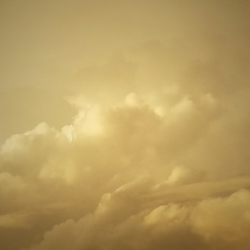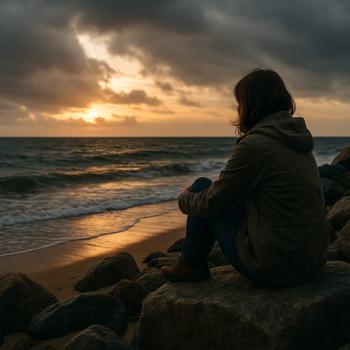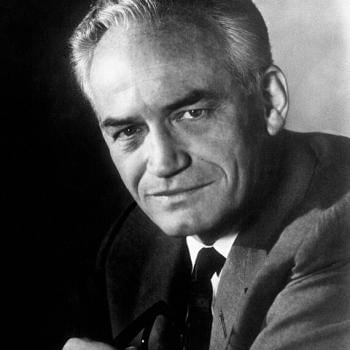There isn't a war on Christmas in North America. A few skirmishes here and there, but at least in the United States most levelheaded people understand that people are remarkably free to celebrate religious holidays as they like. This is not Iran, where conversion to Christianity can mean a death sentence; or Iraq, where anti-Christian violence is escalating. Yes, some bad neighbors out there like to lob insults on billboards and buses, but these are outliers, the extremes at the end of the bell curve. Most folks are in the middle, and they realize that holy days and seasons are deeply meaningful. We are fortunate to live in an age in which we can learn about different religious practices and yet not be afraid to deepen our own.
Twenty-first century tolerance is not the same as your great-great-great grandfathers' tolerance. In earlier ages, there was latent and sometimes explicit hatred between different Christian groups. My Patheos colleague Marci Hamilton makes the point well:
Each denomination felt distinct, and in many cases, rival believers hated each other. The Puritans killed Quakers, hated Baptists, and expelled anyone who disagreed with their religious beliefs. The Quakers, who controlled Pennsylvania, passed laws that prohibited non-Quakers from taking public office. Catholics were distrusted. There was no shared religious agreement on values or human nature. Jews migrated to the United States over 350 years ago, so they were present as well. To say that most Americans were Christian is to assert an abstraction and not much else.
The ideal of tolerance, rooted primarily in John Locke's philosophy (especially as expressed in his 1689 Letter Concerning Toleration), was basically the idea that the state ought to let different Christian groups have an open field for persuading believers, and that the government shouldn't establish any religion as the princes of Europe did. This was the philosophy behind our first amendment. What's telling, though, is that Locke's toleration didn't extend to Catholics; they would undermine government, he thought, by trusting "another prince," i.e., the pope. (It was precisely that concern that John F. Kennedy addressed in his famous 1960 address to Baptist Ministers on the eve of his election to the presidency.) Some religions were more tolerable than others.
One downside of Locke's model of tolerance is that it is limited by the experiences in Protestant Europe, and as a result the current American version of it is insufficient. Generations of Catholics dealt with life as second-class citizens, a point evidenced by the alternate culture that the Catholic Church built up during the late 19th and early 20th centuries (schools, hospitals, etc). Jews, too, were a constant minority group, and the growth of celebrations of Hanukkah—a minor holiday in the Jewish calendar—were fueled in part by the desire not to be left out during the Christmas season. To this day, fights over public displays of religious symbols (often around Christmas) are rooted in the desire of immigrant communities to assert their religious and cultural identity as Americans.
In the 21st century, these older battles about Christmas and Hanukkah displays—over Christmas trees, crèche scenes, and menorahs (and more recently the Kwanzaa Kinara)—come across as somewhat provincial. Those who don't want to spoil the fun of a winter season may argue for a religion-free holiday, with commercialized symbols like a Coca-Cola Santa Claus, a Norman Rockwell picture, and a Miracle on 34th Street. But many others recognize that holiday seasons have to mean something a little more substantive than "hooray, it's winter!" At their root, religious holidays are both expressions of a group's identity and an invitation to others to learn about them.





